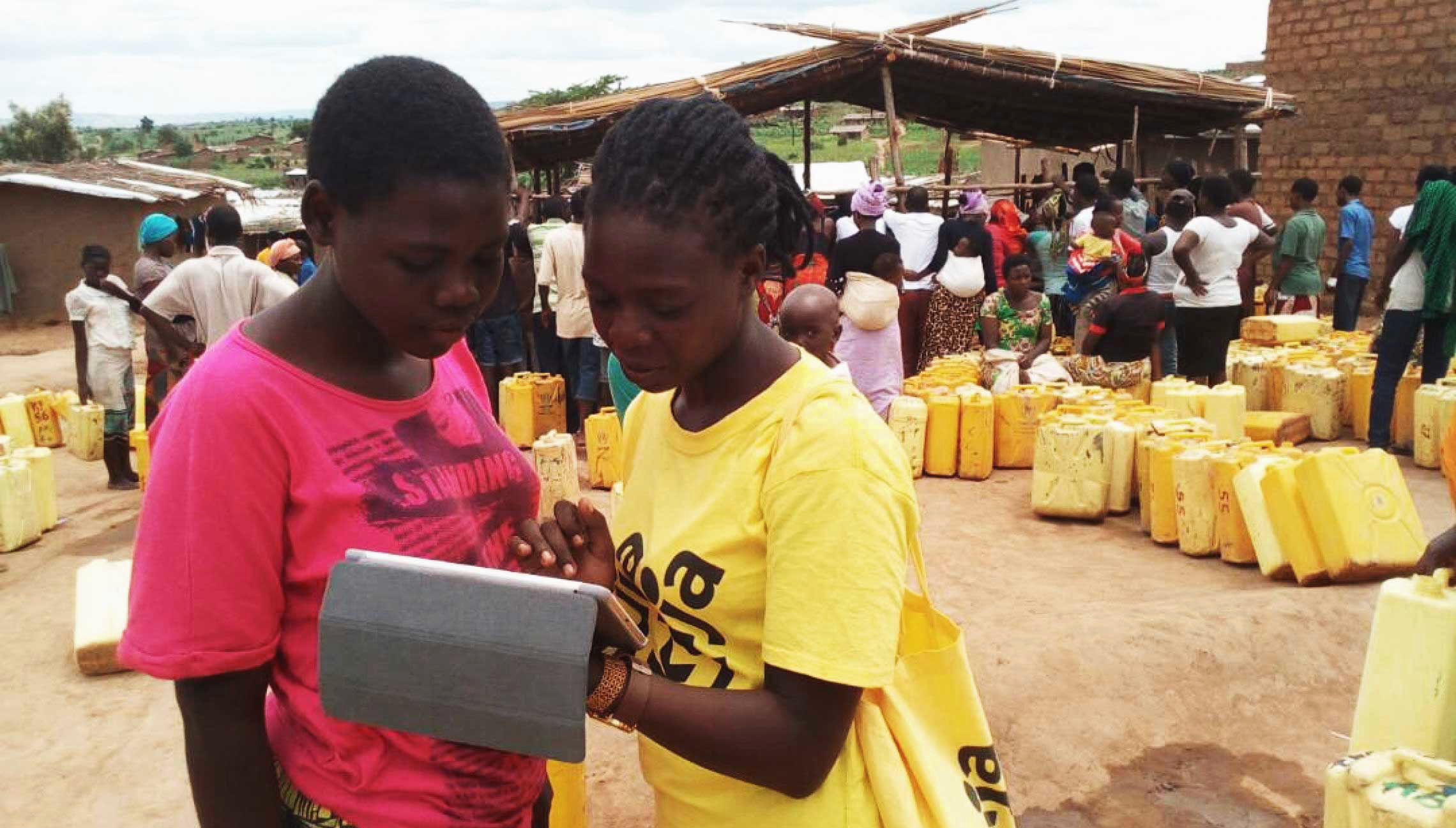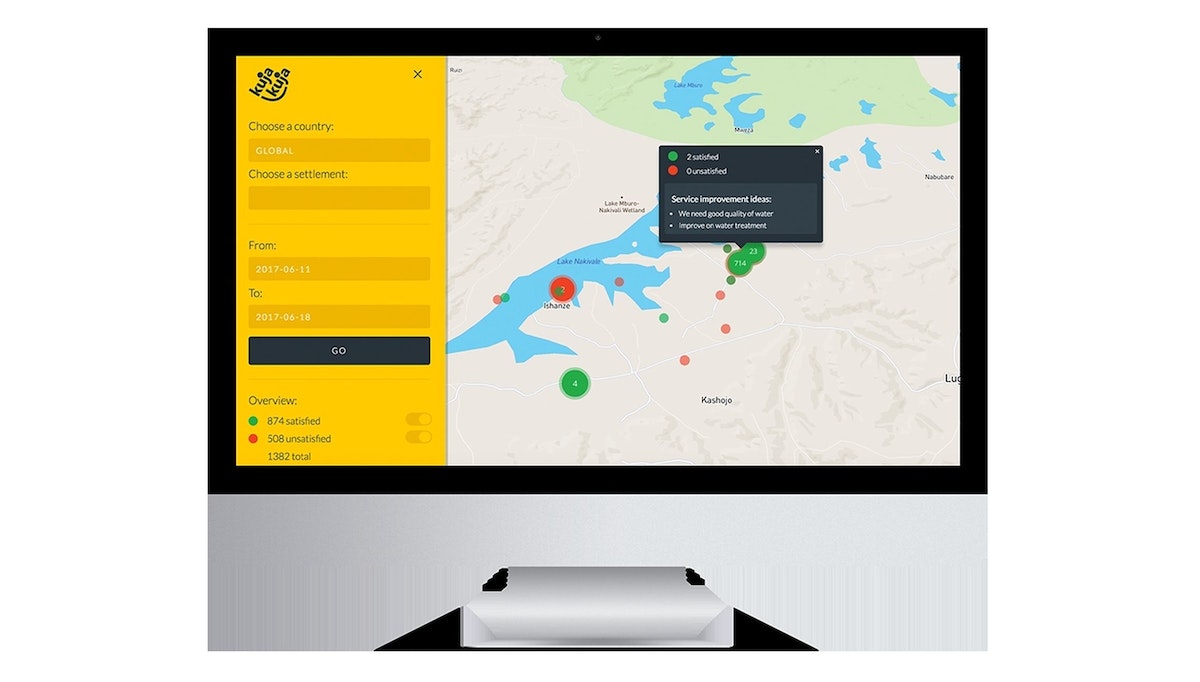Beat-Boxing Our Way to a Better World

Back in August 2017, I was embedded at the Nakivale refugee settlement in Southwest Uganda for two weeks. I was there with Nathalie Collins from IDEO.org, to build a web application that collects refugee feedback and then visualizes that data in meaningful ways. Those two weeks could have been two months—Nathalie and I developed deep friendships with many of the refugees on the team. I'd been vocal-jamming earlier in the week with a pentalingual Burundian refugee and Kuja Kuja team member, and someone started videotaping...
It all started when we partnered with the American Refugee Committee (ARC), an organization that provides services to 3.5 million refugees across Africa and the Middle East. We teamed up to imagine a future where refugees have a voice in shaping the services provided to them, and are able to hold humanitarian organizations accountable for the services they receive.
The result was Kuja Kuja, a platform that has the potential to fundamentally shift the way humanitarian organizations serve refugees.

Kuja Kuja, a visual platform for tracking refugee feedback.
In a deep and humbling way, the friendships we made during those two weeks reminded us of how refugees, who are typically lumped together as a faceless, nameless group of displaced people, are smart, educated, optimistic human beings who've been brutally ripped from their homes by war and the vagaries of governance.
There are more than 65 million refugees and displaced people around the world today. That’s nearly 1 out of every 100 people on the planet. These people are no different from you or me in their need for safety, shelter, work—the most basic human rights.
On our last day in the settlement, at the end of the workday, we went to play ping-pong at a community center.
It was raining on and off, and there were a lot of people packed inside. There was a group of Congolese refugees breakdancing and practicing for a hip-hop dance competition. One of the dudes was beatboxing while his friends pop-n-locked and windmilled.
I started to beatbox with him and soon we had all kinds of people busting into our jam-circle to throw down raps in multiple languages—French, Swahili. It was the best example of getting close to the people you're designing for I could ever imagine.
I will certainly never forget that day. I glimpsed a world in which, if we were were all trapped in a room together, and broke out in song and dance, there would be no more war, no more displacement, no more refugees.
Words and art

Subscribe

.svg)







